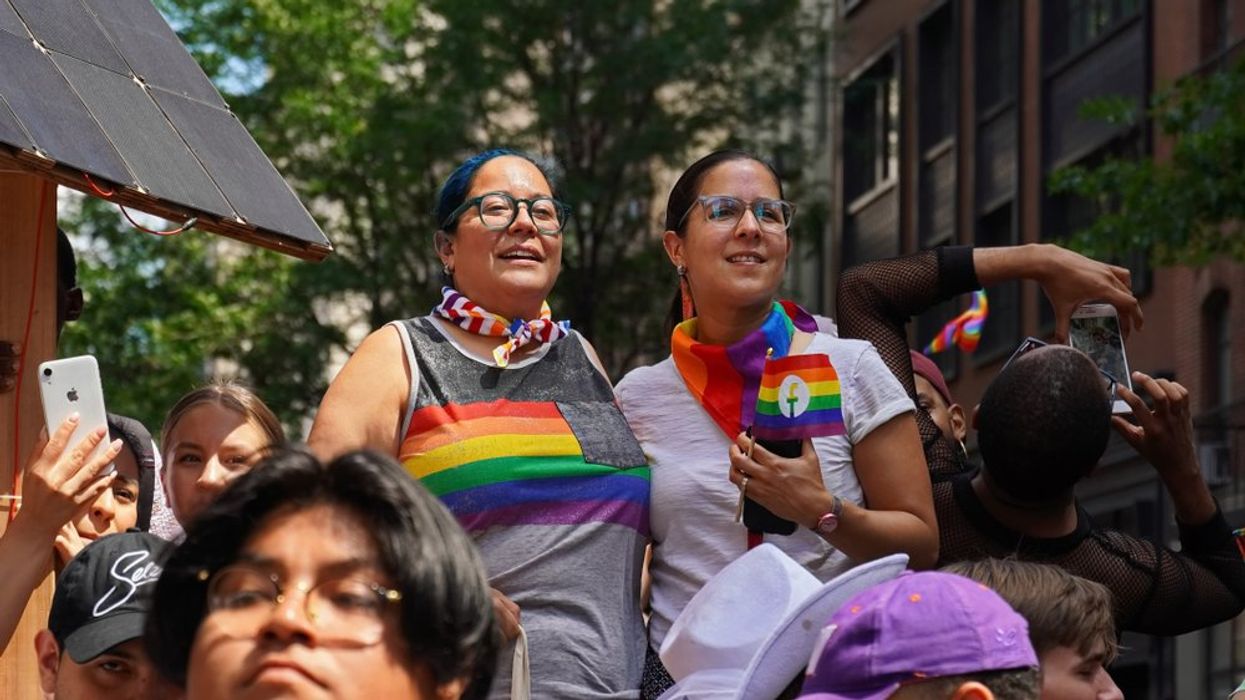Both Democrats and Republicans alike have pushed legislation to ban the word “Latinx” from government documents — though for remarkably different reasons.
The word was conceived around twenty years ago, per The New York Times, intended to be a gender-neutral term for people of Latino descent. Other alternatives consist of "Latine" and the less popular "Latin@."
While conservatives have slammed Latinx as an example of liberal political correctness, progressives have also expressed skepticism over potential cultural appropriation.
Sarah Huckabee Sanders, Republican Governor of Arkansas, made it her first official act to to bar the term from state documents, saying that it is “ethnically insensitive and pejorative language.” In the same stroke, she banned Arkansas schools from teaching “critical race theory”
Connecticut Democrats have also introduced a bill that would remove the word from both government and state education documents. Representative Geraldo Reyes Jr. first proposed the measure, saying in a statement that Latinx is an “offensive and unnecessary” word.
“The Spanish language has been around for 1,500 years, and it identifies male, female, and neutral gender,” he said.
The Spanish language, like many romantic languages, is based around gendered articles and endings. While the term "Latino" serves as the masculine descriptor, it can also be used to describe a group, or those of unspecified gender.
The "x" is not an ending that originated within the language, drawing some critics to denounce it as imposed on communities of Latin descent by those who are not part of them.
Some say the debate around the term is blown out of proportion, as a 2019 Pew Research Poll found that just one in four people of Hispanic descent had even heard of the word, with only 3 percent using it to describe themselves.
Regardless of attitudes surrounding the term, activists have still taken issue with government restrictions on it. John Lugo, director of Unidad Latina en Acción, a workers advocacy organization in Connecticut, said that the state legislature's effort to ban use of the word is “an attack on our diversity.”
“Hispanic, Chicano, Latino, Latinx, Latine, Latino American — none of those terms encompass everyone in our community,” he said. “We should not be policing the language that people are using to describe their identity."
- Exclusive: Acapulco Star Fernando Carsa on Latino Representation and Body Positivity ›
- AOC Calls Out Democratic Party for Overlooking Latino Voters ›
- Blue Beetle Is 'Unapologetically Latino,' Says Star Xolo Maridueña | AdvocateChannel.com ›
- Latino History Is Overwhelmingly Excluded From Textbooks | AdvocateChannel.com ›



















































